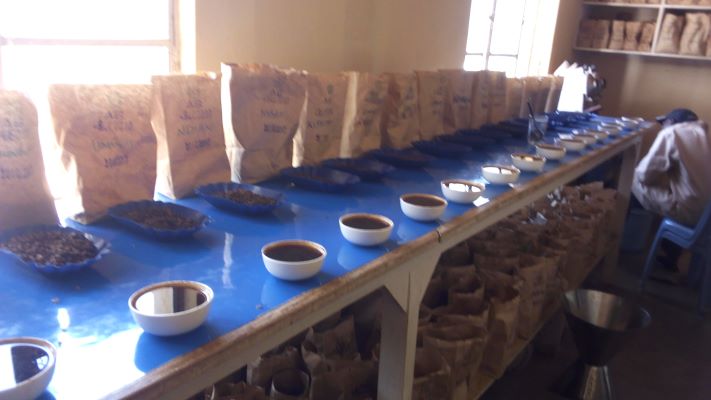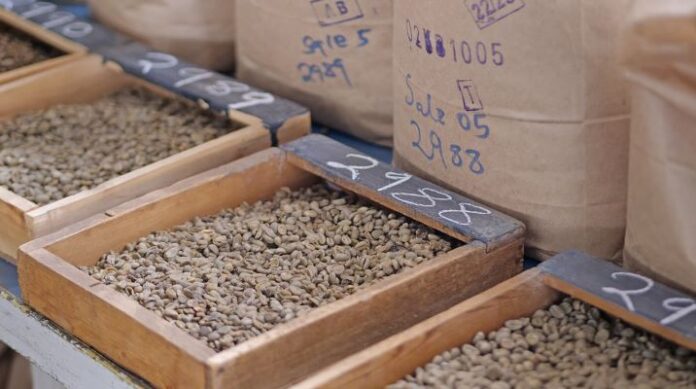In Kenya, cooperatives have been there since independence contributing immensely to the country’s foreign exchange earnings through exports.
Today, the vibrant and dynamic cooperative movements in the country controls about 43 per cent of Kenya’s gross domestic product (GDP) employing more than 300,000 people, besides providing opportunities for self-employment to many more.
While there are many types of cooperatives in the country ranging from producer to consumer coops, saving and credit to housing coops, marketing to investment coops, one thing stands out; the cooperatives are always designed to suit the interest of members.
For Machakos Co-operative Union LTD (MCU) which was established in 1964 and registered under the Cooperative Societies Act in 1972 as an umbrella organization for primary organizations in then Machakos District, connecting its members, of which most are farmers and artisans, to global markets has been its key mandate.
As a house to over 108 affiliated primary organizations serving over 60,000 individuals in the Machakos and Makueni counties, MCU supports members through the production, processing and global marketing of their diverse, high quality agricultural and handicraft products.
These include coffee, cotton, dairy, horticulture, and handicraft products such as stylish sisal baskets, sisal plates, tablemats, hats, and floor mats, soap stone carvings, tassle keyrings, bonny rings, and wood carvings among others which MCU markets internationally.
The famous Akamba wood carvings have their home in Wamunyu a few kilometers to the east of Machakos town.
“We help in gender mainstreaming, lobbying and advocacy, governance, leadership and sustainable agricultural practices for our members who include 26 women groups,” said Martin Malila, MCU’s CEO adding that they also ensure the members are provided with a range of services by leveraging partner support.

Malila notes that though traditional uses for most handicrafts still remain, most have been modified to meet the demands of expanded local and international markets.
Certification
In order to help its members, sell their products in some of the big markets within and outside the continent, the cooperative had to acquired various participatory certificates indicating that they trade in up-to-stanard products.
Among the certificates are World Fair Trade Organization (WFTO) ID 178 in handicrafts and Fair-Trade Africa (FTA) FLO ID 29288 in coffee and other agricultural products.
“Both WFTO and FTA are worldwide associations which enforces adherence to codes of practice such as fair payments for products, accountability and transparency, care for environment, none use of child labour among others,” said Malila.
According to him, since production and marketing chain in most parts of the world are complex, working through a cooperative earns members more as they reduce costs such as bulk purchases, transport and milling costs.
To further ensure that each member of the cooperative is well advanced in matters business MCU offers trainings in bookkeeping and accountancy, formation of village savings and loan associations, linkages and networking, savings and the general capacity building.
Today, the area of operation of MCU covers the larger Machakos District, which today comprises of Machakos and Makueni Counties, which is currently comprised of fifteen (15) Sub Counties born out of curving sub-division of the district into smaller administrative units.









[…] Source link […]
Comments are closed.